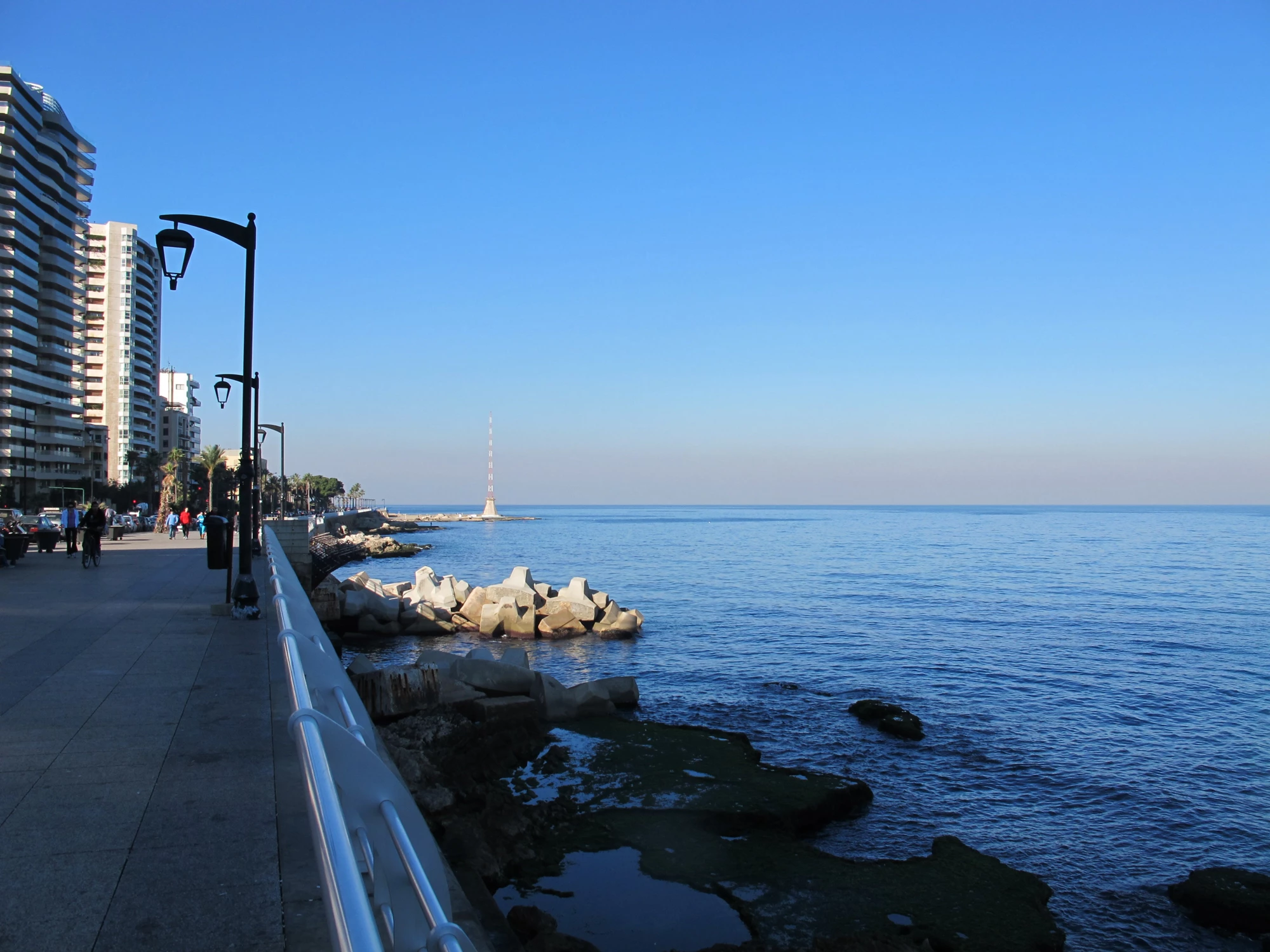
Driving much of this is the government’s free, but low quality, education, which contributes to workplace ineffectiveness and apathy. The training and education many young people receive are not at the level today’s domestic and international job markets require.
As a result, hard, introspective questions are being asked: how can MENA countries better engage their youth to meet the demands of the 21 st century workplace? What is the role of business in ensuring that young people are aware of—and qualified for—meeting their societies’ needs? How can the for-profit arena engage the academic arena in terms of getting them to prepare young people to interact across boundaries and borders?
There is a need for national—even global—soul-searching on the impact of, and solutions to, work unpreparedness that plagues the Middle East and North Africa today. To some degree, regional integration may provide part of the answer the region is so desperately seeking.
Regional economic integration in MENA is a much needed move that, until now, has seen very little progress. There are many different theories as to why progress on integration has remained so inconsistent and so slow. The main obstacles to it appear to be national governments wanting to keep control of hydrocarbon production; weak supranational institutions and infrastructure; and national competition in industries that would benefit from regional economies of scale.
When implemented fully and properly, regional integration would not only serve to benefit the masses of unemployed youth, but would also serve to boost the level of intra-regional trade with major partners in Europe and other emerging countries.
MENA’s lack of integration with the global economy may also be attributable to protectionist trade policies. While MENA economies have made considerable progress in lowering tariffs and eliminating non-tariff barriers on traditional trade agenda items, and have made some tentative steps towards dealing with new trade agenda items, significant barriers to trade remain.
This trade reform would be much needed as—though home to 5.5% of the world’s population and 3.9% of the world’s GDP—the MENA region’s share of non-oil world trade is a meager 1.8%. As a result, the greatest potential for intra-regional trade expansion is between energy-exporting countries—such as members of the Gulf Cooperation Council like Saudi Arabia and Kuwait—and more diversified economies like Lebanon and Egypt.
The World Bank Group supports this critical regional venture by working closely with members of the private sector, with academia, think tanks, members of the diaspora, and local experts, to introduce a regional economic integration plan with short and medium-term initiatives.
The Bank’s initiatives include launching the Center for Mediterranean Integration (CMI) in October 2009. The Center focuses on sharing knowledge and information from good practices, alongside creating networks between the MENA region and Europe.
It also includes the Arab World Initiative, which focuses on three broad areas: launching a range of regional projects to encourage the sharing of resources, as well as the development of better infrastructure and connectivity; to promote best practices, advocacy, and knowledge-sharing mechanisms; and to increase the harmonization of regional standards and regulations.
Based on this framework, flagship studies have provided regional perspectives to challenges in the private sector, education and water resource management, with work underway on financial sector and climate change issues.
The Bank is trying to engage the potential of the private sector, whose involvement is critical to promoting investment, trade, employment, and growth. But more is needed for entrepreneurship training, micro-financing, Small and Medium Enterprise support and matching grants with new exports, products and markets. The private sector would then, ideally, engage individuals, inspire ideas, challenge governments in a constructive manner, and foster all-around development.
If the World Bank Group has begun to lead the way, each country must work to serve its interests, as well as that of its businesses and citizens. This is a challenge many can sympathize with because they understand that the pains the region’s political re-birth has undergone since the Arab Spring pale by comparison with its monumental economic woes.
While the region has missed opportunities to integrate into the world economy, it can still move forward. Almost all MENA countries have been reforming their foreign trade and domestic investment regimes to make them more suitable for fuller integration into the world economy.
But their problems—of private sector development, poverty, and governance—cannot be solved independently. The fountain of youth exists in the talents, minds, and entrepreneurial spirit of the next generation. Only when MENA taps this will deeper regional cooperation open up.


Join the Conversation